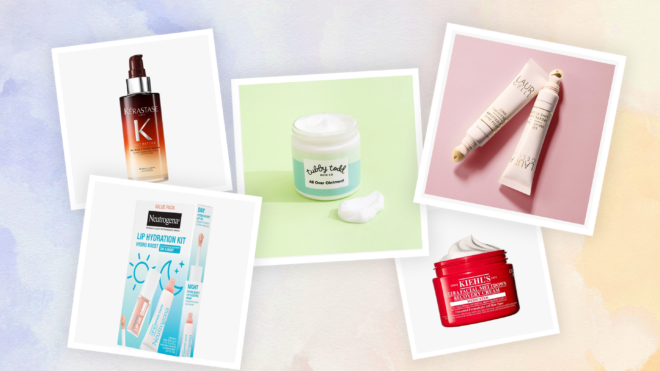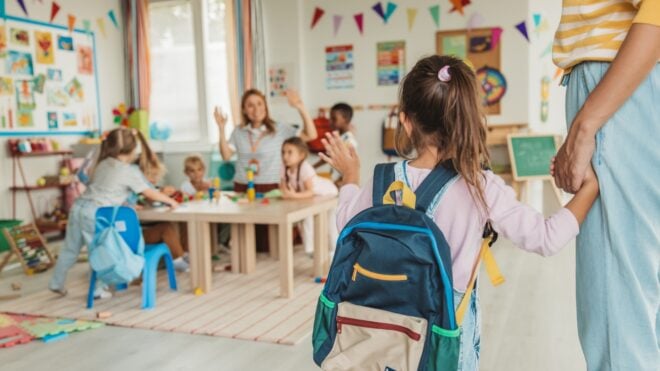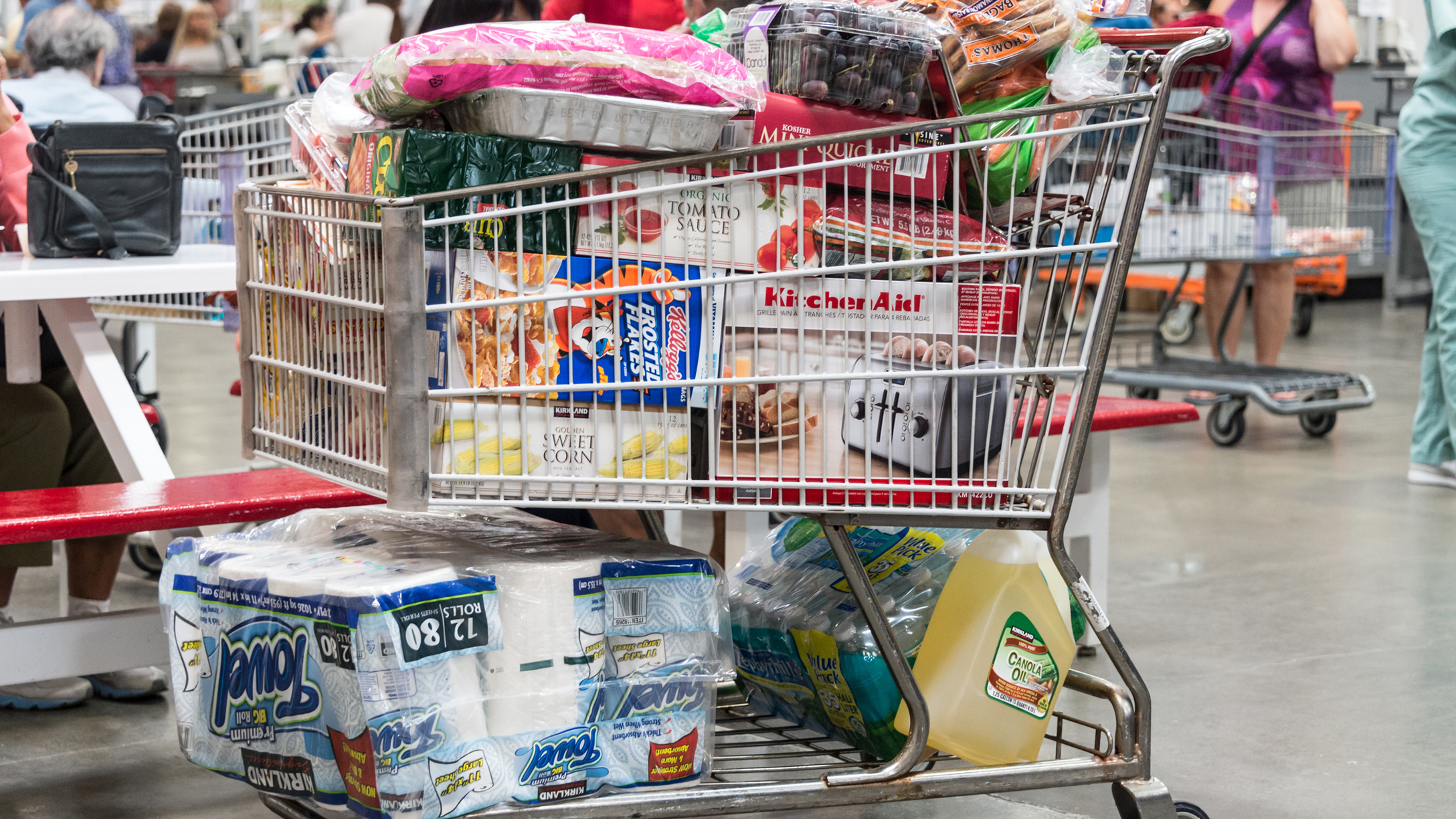
In this article
The first weekend of every month, I head down to Costco to replenish my supply of household items like toilet paper, cleaning supplies, and canned goods. This month was different. As I got close to the store, traffic slowed down to a crawl, the way it does outside an arena before a concert or sporting event.
Only, the attraction here was a mundane warehouse store parking lot that was filled to capacity.
I’ve seen Costco crowded just before major holidays, but nothing like this. It took me a little while to figure out why it was happening just then. The novel coronavirus, COVID-19, had just been found in my state, and people were reacting the way humans do when they’re scared. They were shopping for all the stuff that might be hard to find when a disaster hits — and the coronavirus feels like one, even though most people only suffer minor symptoms — and preparing for the chance that they may get quarantined in their homes for two weeks or longer.
Will you be quarantined?
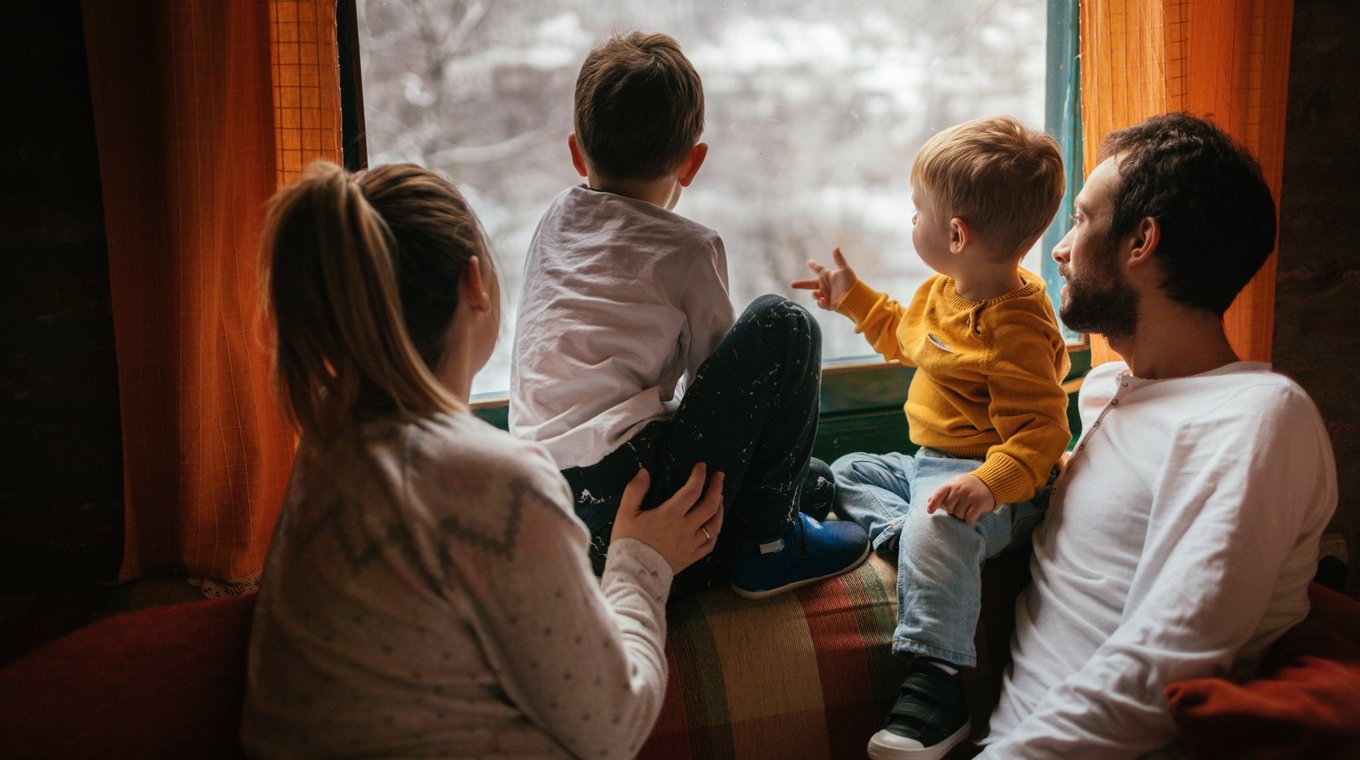
One way to mitigate the spread of a highly contagious disease is by containing populations where it’s been clustered. That’s the thought behind Italy’s government order to restrict travel and public gatherings.
If you have been in contact with someone who has been diagnosed with COVID-19, you could be asked to self-quarantine for up to two weeks. And it’s conceivable that blanket quarantines, like the one in Italy, could be imposed on entire communities with a high incidence of COVID-19 diagnoses.
What you really need to buy
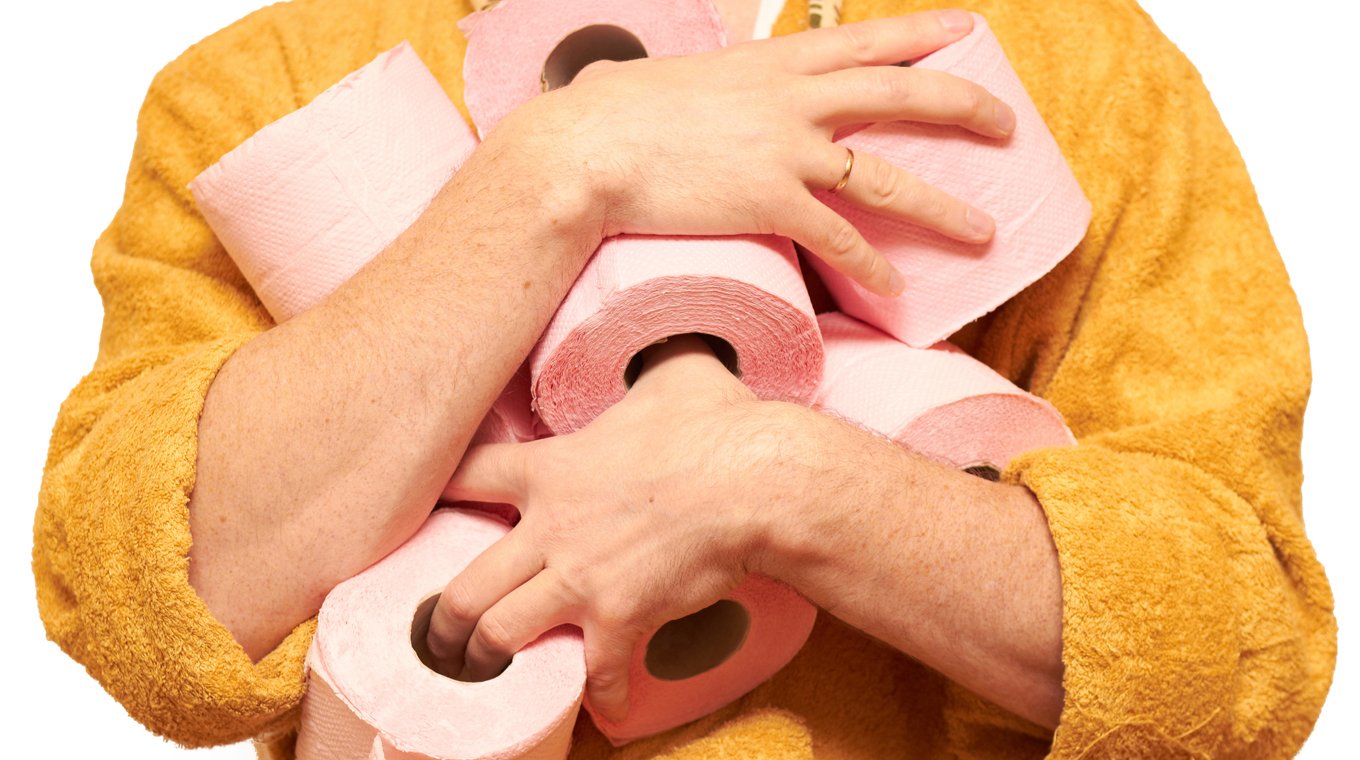
“I have been keeping an eye on my meds and refills numbers but that’s about it,” Colorado mom Aimee Giese told Mom.com.
But Faith Jackson of California admitted to us that she’s done a little panic shopping. “Masks, hand sanitizer, gloves, alcohol wipes, and zinc lozenges,” she said.
“I was at Costco yesterday, and there wasn’t a single square of toilet paper to be found; it was a rather awesome sight to see all that empty shelving,” Roberta Reavey of New Jersey told Mom.com. “I heard cashiers talking about being completely out of bottled water as well. Not sure whether a virus is coming or a hurricane.”
The coronavirus will have absolutely no effect on availability of running water, so the run on bottled water appears to be a case of panic buying. Health experts also note that face masks will not protect you from the coronavirus, but can help prevent its spread when worn by people who are already sick. Stores are selling out of masks, and this may prove a problem for the safety of health care workers who are on the front line of tending to patients with the most severe cases of COVID-19.
“If you just buy [the masks] at CVS, you’re not going to do all that,” UCLA epidemiology and medicine professor Timothy Brewer told the Washington Post. “You’re not going to get it fit-tested, and you’re not going to be wearing it properly, so all you’ve done is spend a lot of money on a very fancy face mask.”
Brewer told the Post that disposable gloves are also unnecessary, as they can get contaminated, just like our hands. “There’s no need for them if you’re washing your hands properly and often,” he said. Again, washing your hands often may be the most effective means of preventing infection.
As for the toilet paper? “Our choices are influenced by what we think and feel at the moment,” Ravi Dhar, a marketing professor at Yale University and director of the Center for Customer Insights, told the Los Angeles Times. With all of the news stories focused on coronavirus, “people are responding in ways they respond to other uncertainties. Like in an impending hurricane, they are stocking up on canned goods, toilet paper, etc.” he said. But what about hoarding the Charmin? “It would not be irrational to do so when risk is largely unknown,” Dhar added.
Wipes with bleach may be a smart choice, though. Scientists have studied outbreaks of similar pathogens and have found that on average, this family of viruses can live on smooth surfaces (i.e., aluminum, wood, paper, glass) and remain infectious for up to nine days. Researchers note that wiping surfaces down with an alcohol-based disinfectant “significantly reduces coronavirus infectivity on surfaces within one-minute exposure time.”
Coronavirus shopping list
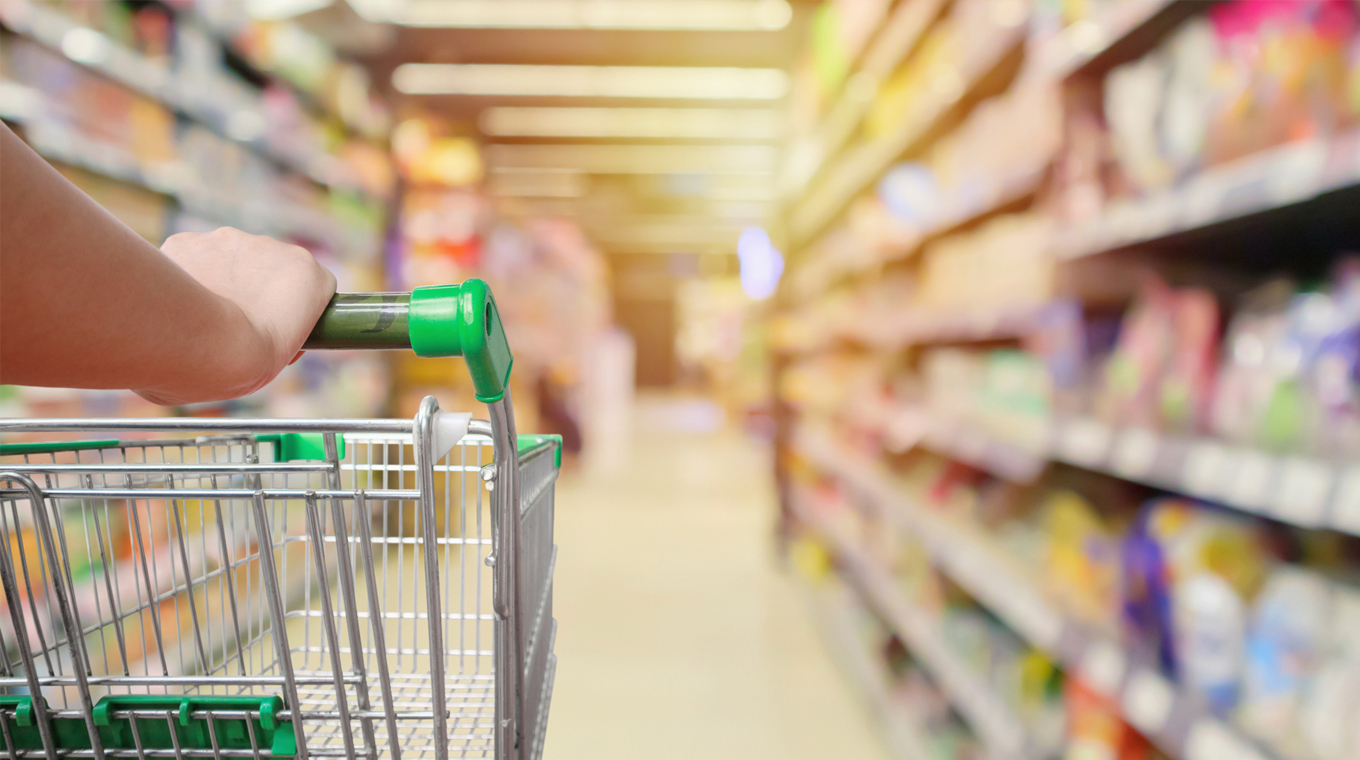
As always, common sense should prevail. You’re not prepping for an earthquake or hurricane. Virologists Ian M. Mackay and Katherine Arden put together a comprehensive list of items to stock in case you’re affected by the pandemic and need to stay home for a couple of weeks.
These can be divided into the following categories:
Health & well-being:
- Extra prescription medications, asthma relief inhalers
- Over-the-counter anti-fever and pain medications
- Feminine hygiene products
- Diapers
- Family pack of toilet paper
- Vitamins
Pantry:
- Baby Formula
- Canned goods
- Cereal, grains, beans, and pasta
- Oil
- Spices
- Dried fruit and nuts
- Ultra heat-treated or powdered milk
- Coffee/tea
Household:
- Trash can liners
- Tissue
- Soap
- Hand sanitizer (alcohol content must be 60% or more)
- Sanitizing wipes
- Masks (only if you are ill, to prevent spreading germs – and only if you can find one)
- Household cleaners: Disinfectant for cleaning household surfaces (if you can’t find products like Lysol, you can use bleach, alcohol, hydrogen peroxide), laundry detergent, dishwashing soap, etc.
- Disposable gloves
- Batteries for anything that needs batteries, powerbanks
- Pet food and care (i.e., cat litter, puppy pads, anti-flea meds, etc.)
“What we’re looking at here is trying to minimize the impact of any shortages of goods we rely on having at the grocery store or at the end of an online ordering system,” advised the virologists. “But don’t panic buy and don’t hoard!”
Good advice for us all.




